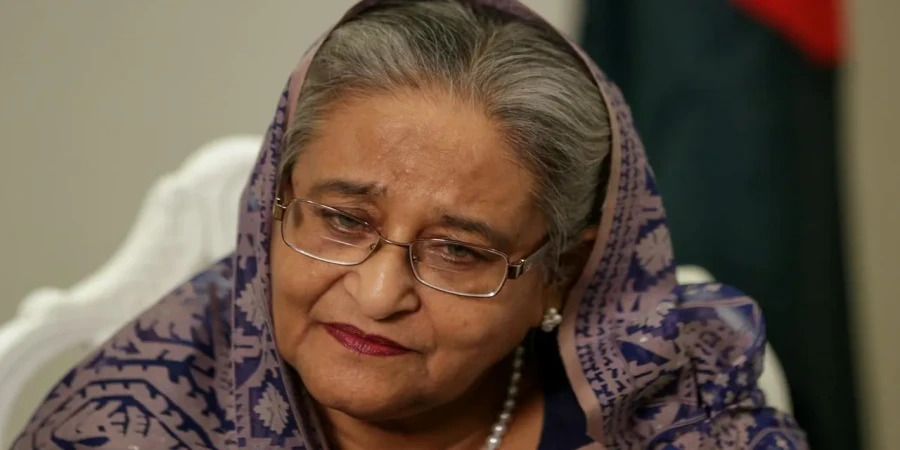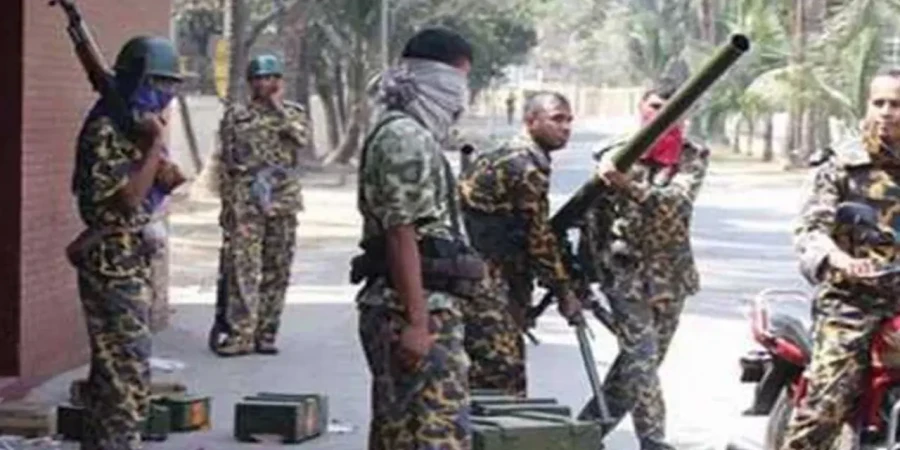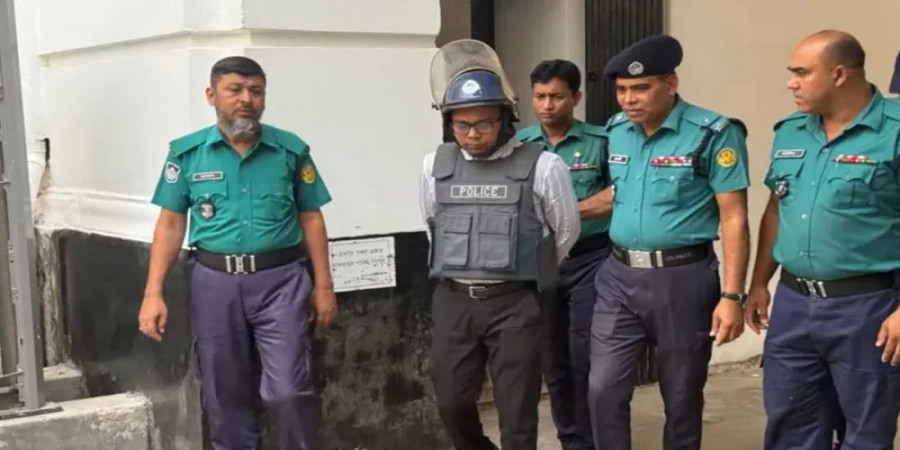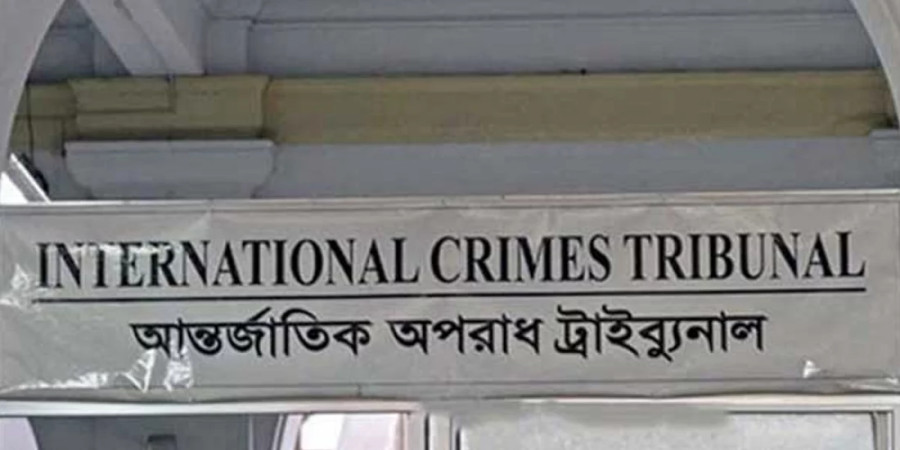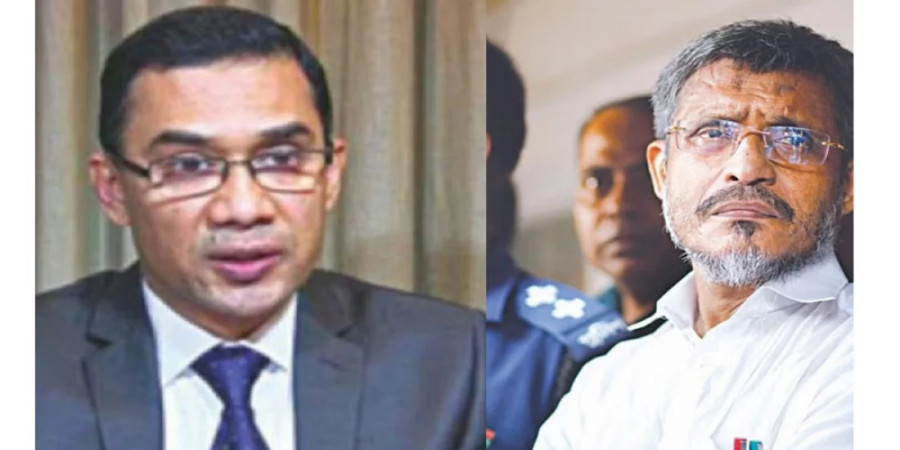
ছবি: Photo: Collected
The High Court of Bangladesh has acquitted all defendants, including BNP’s acting chairman Tarique Rahman and former state minister for home affairs Lutfozzaman Babar, in the August 21 grenade attack case. The verdict, delivered by the bench of Justice AKM Asaduzzaman and Justice Syed Enayetur Rahman on Sunday (December 1) at 11 a.m., has sparked widespread reactions across the political spectrum and among the public.
The Incident and Initial Convictions
The grenade attack on August 21, 2004, targeted a rally organized by the Awami League at Bangabandhu Avenue in Dhaka. The attack, which occurred during a speech by Sheikh Hasina, now the Prime Minister of Bangladesh, resulted in 24 deaths and left over 300 people injured. Sheikh Hasina survived the attack but sustained hearing damage. The gruesome nature of the attack and its aftermath sent shockwaves across the nation, leading to a prolonged legal battle.
After years of investigation, a Dhaka court in 2018 sentenced 19 people, including Lutfozzaman Babar, to death, while BNP leader Tarique Rahman and several others were given life imprisonment. The trial court found the accused guilty of orchestrating and facilitating the attack to eliminate political rivals.
High Court’s Verdict
The High Court bench reviewed the appeal filed by the convicted individuals and ultimately overturned the trial court's verdict. Justice Asaduzzaman and Justice Enayetur Rahman stated in their ruling that the evidence presented was insufficient to prove the involvement of the accused beyond a reasonable doubt.
The court also cited procedural flaws in the original investigation and trial, indicating that the prosecution failed to establish a credible link between the defendants and the attack. The judgment emphasized the necessity of impartial investigations in cases of such magnitude to ensure justice.
Public and Political Reactions
The verdict has drawn mixed reactions from various quarters. Leaders of the Bangladesh Nationalist Party (BNP) hailed the decision, calling it a victory for justice. Speaking from London, Tarique Rahman expressed relief and gratitude, asserting that the case against him was politically motivated. BNP’s Secretary General Mirza Fakhrul Islam Alamgir echoed this sentiment, claiming the verdict vindicates the party and its leaders.
In contrast, members of the Awami League and victims of the attack expressed profound disappointment. Senior leaders of the ruling party described the acquittal as a blow to justice and questioned the implications of the judgment for the nation’s fight against political violence. Many survivors and families of the victims lamented that their long wait for justice had ended in despair.
Legal Experts Weigh In
Legal experts have expressed divergent opinions regarding the High Court’s decision. Some have lauded the ruling as a demonstration of the judiciary’s independence and adherence to the principles of justice. They argue that convictions should be based on indisputable evidence and not influenced by public opinion or political narratives.
However, others criticized the acquittal, raising concerns about the apparent inconsistencies in the judicial process. Questions have been raised about the adequacy of the investigation conducted by law enforcement agencies and whether external influences may have played a role in shaping the trial's outcome.
Implications of the Verdict
The acquittal is expected to have significant political repercussions in Bangladesh. For the BNP, it serves as a major boost in their efforts to regain political ground, especially with national elections on the horizon. The party is likely to leverage the verdict to counter allegations of corruption and violence often leveled against its leadership.
For the Awami League, the ruling represents a setback in their narrative of seeking accountability for political violence. The government may face increased scrutiny over its handling of the case and its commitment to ensuring justice for the victims of one of the country’s most tragic incidents.
Next Steps and Possible Appeals
The state prosecution has expressed dissatisfaction with the High Court’s decision and hinted at the possibility of appealing the verdict to the Supreme Court. Legal analysts suggest that the case, given its historical and political importance, is unlikely to end with this judgment.
Meanwhile, human rights organizations have called for an independent review of the case, stressing the importance of transparency and accountability in addressing crimes of such gravity.
A Nation Divided
The acquittal of Tarique Rahman, Lutfozzaman Babar, and other defendants has deepened existing political divisions in Bangladesh. As debates continue over the legal and moral implications of the verdict, the families of the victims and survivors of the August 21 attack remain caught in the crossfire, their quest for justice seemingly further delayed. Whether the case will find closure in the higher courts or remain a contentious chapter in Bangladesh’s history remains to be seen.
repoter



